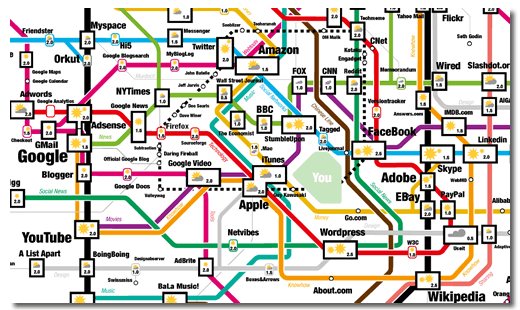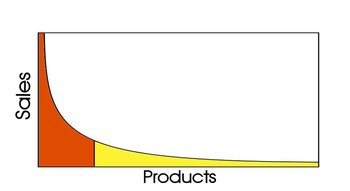Politics: Web 2.0 Conference April 17-18 - final programme published
Posted on Tue, Apr 15, 2008 at 6:03 PM by Andrew Chadwick 
I'd just like to bring to the attention readers of the Internet Politics blog the final programme of the Politics: Web 2.0 conference I'm organising at Royal Holloway. We started planning for this back in September. The call for papers far exceeded our expectations and it's probably going to be one of the largest academic conferences on the internet and politics to date.
The conference will feature six distinguished keynotes, 120 papers organised into 41 panels, and over 180 participants drawn from over 30 countries. The keynote speakers are:
Robin Mansell, Professor of New Media, LSE: "The Light and the Dark Sides of Web 2.0."
Helen Margetts, Professor of Internet and Society, University of Oxford: "Digital-era Governance: Peer production, Co-creation and the Future of Government."
Rachel Gibson, Professor of Political Science, University of Manchester: "Trickle-up Politics?: the Impact of Web 2.0 Technologies on Citizen Participation."
Stephen Coleman, Professor of Political Communication, University of Leeds: "Networks and Commons: Can The Popular and The Political Be Connected?"
Micah Sifry, Personal Democracy Forum/TechPresident: "The Revolution Will Be Networked: How Open Source Politics is Emerging in America."
Michael Turk, US National Cable & Telecommunications Association and e-campaign manager for Bush-Cheney 04: "Managed Chaos: Bringing Order to User-Generated Activism."
Quite a few papers have been uploaded already, and I expect to see several more on the site by the end of tomorrow.
Lawrence Ampofo, a PhD student, will be liveblogging the event. There's also a Facebook Event Page where you may see the odd video or photo.
For more information, see the relevant section of the New Political Communication Unit site.
If you'd like a quick take on what web 2.0 means for politics, there's an excerpt from the introduction to the Handbook of Internet Politics (Routledge, July 2008), by Phil Howard and I.
I also have an article coming out toward the end of this year in I/S: The Journal of Law and Policy for the Information Society. The article is entitled: "Web 2.0: New Challenges for the Study of E-Democracy in an Era of Informational Exuberance."

